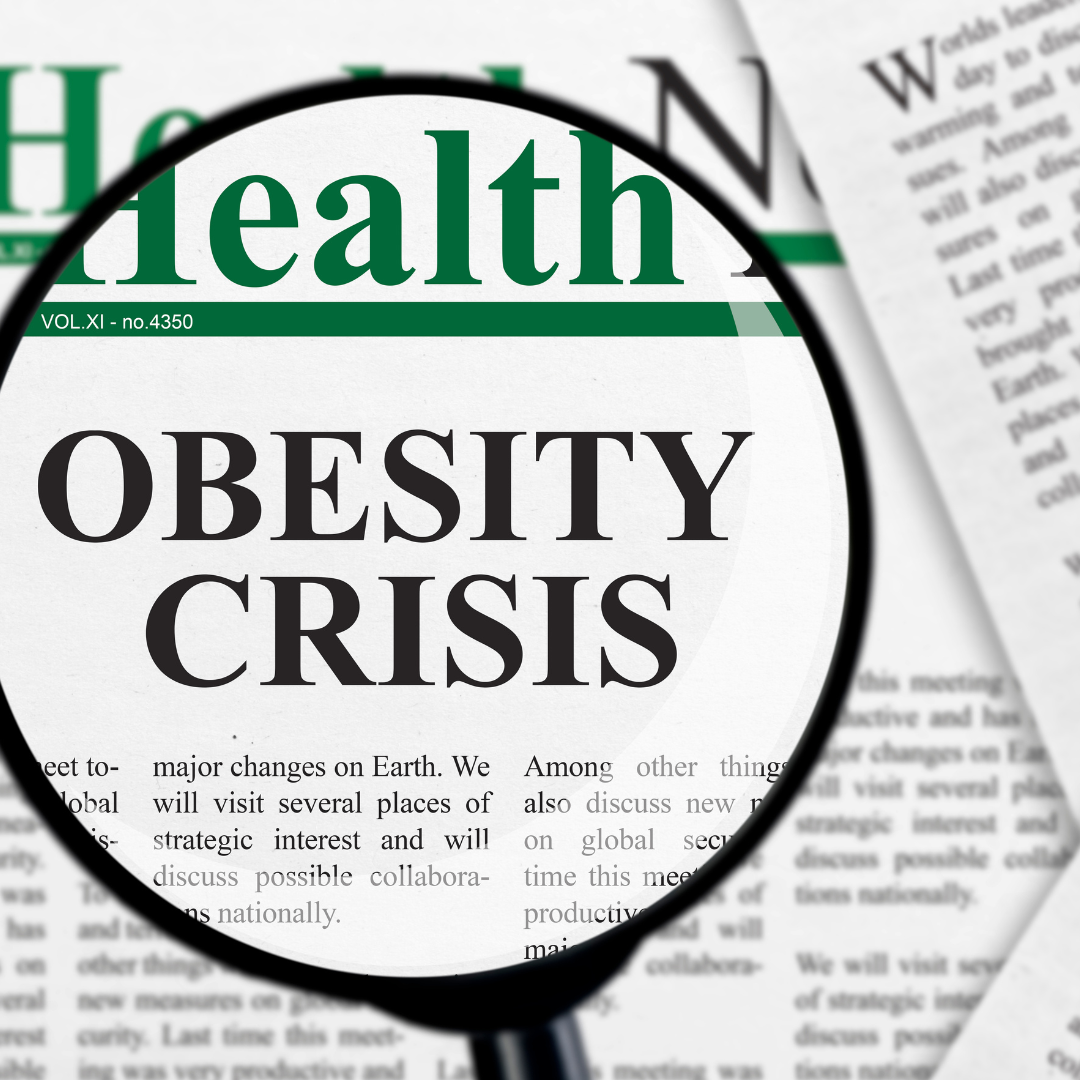
I put a post out last week where I highlighted the connection between neck pain and abdominal obesity. This made me think more about the topic as I see the expanding waistlines of many of my friends and most of my family.
This trend scares me….literally…I recently had a friend come and stay with me who I hadn’t seen for 15 years. Part of the reason we spent time with each other after so long was that he wanted to address his weight gain. We ended up playing a game of pickleball, like miniature tennis, and he struggled with his fitness, and I genuinely thought he could have a heart attack.
Images of me calling his wife flashed through my head, and I felt stupid for pushing him during the game. Luckily my fears weren’t realized, but this problem will only worsen.
In the US, the number of obese people is expected to rise to just under 50% by 2030 (1). This public and personal health crisis must be addressed on an individual and, where possible, at a general level.
There are different types of obesity, and the one I mentioned above, central obesity, is more serious regarding related increases in many health problems and early death. (2)
Some forms of obesity can come from hormonal changes, but the percentage of cases of hypothyroidism, Cushing, and Hypogonadism don’t explain the rapid increase in patients over the last 30 years.
However, we are learning now through research that excess body fat changes hormones which can make it hard to lose weight, but these hormonal changes are a consequence, not a cause, as they tend to normalize with weight loss (4).
Doctors aren’t equipped or trained well in advising patients on how to lose weight, and most tend to ignore it, pushing the problem, increased risk of diabetes, heart attacks, strokes, and some cancers further down the line.
Some people might think it’s easy for me to talk about obesity because I’m slim and have some sort of genetic ability to stay thin. Well, genetics play a small role in obesity but as everyone who has ever spent time with me says…” You don’t eat enough .” My usual reply is that I eat the right amount, considering I’m about the same weight I was 20 years ago.
Yet, when I spend time in Canada or the UK on holiday, I put on weight, usually about 5-10lbs in a month. That’s mainly because I’m eating out or people are cooking for me, and I’m not in complete control of what I’m eating as I am at home. If I stayed a year with no change in those eating habits, I might just put on 30 lbs, and that’s what I see with my peer group once skinny athletic men are now walking around with their rotund waistlines as a source of pride, maybe even status.
The question for me is how do I bring up the topic of weight gain or loss without being accused of fat shaming?
When patients come to me for advice, it’s easy I use a lifestyle medicine approach which allows me to help patients and clients see the connection between things that are not commonly discussed as causes of obesity, namely,
Disrupted sleep pattern (5)
Timing of food eaten (6)
Stress levels and how to manage them (7)
Environment (3)
But when it’s my friends, do I stand by and ignore the fact that some support and encouragement may be the key to preventing stroke, heart attack, and some cancers?
You see, the environment is a particular concern of mine. As mentioned, I’ve seen how obesity can spread through social networks. I’ve seen certain groups of people collectively become obese over the years. The study quoted here highlights this very well,
“The study found that when an individual becomes obese, the chances that a friend of theirs will become obese increase by 57 percent. Their siblings have a 40 percent increased risk of obesity, and their spouse a 37 percent increased risk”.
Obesity is a multifactorial problem that needs to be addressed in a multifactorial way.
Hormones play a small role in the current epidemic. Still, solid support from healthcare practitioners can help people tackle this problem and save lives, unnecessary suffering, and money.
Sources:
(1) https://www.nejm.org/doi/full/10.1056/NEJMsa1909301?query=featured_home
(2) https://www.hsph.harvard.edu/obesity-prevention-source/obesity-causes/
(3) https://www.endocrine.org/patient-engagement/endocrine-library/obesity
(4) https://www.ncbi.nlm.nih.gov/books/NBK279053/
https://www.endocrine.org/patient-engagement/endocrine-library/obesity
(5) https://www.hsph.harvard.edu/nutritionsource/sleep/
(6) https://www.hsph.harvard.edu/nutritionsource/healthy-weight/diet-reviews/intermittent-fasting/
(7) https://www.amymyersmd.com/article/cortisol-and-weight-gain/
(8) https://hms.harvard.edu/news/obesity-spreads-through-social-networks

Over the last 10 years Ed has been building a YouTube library to help people manage their own pain or movement limitations and increase performance through exercise. He regularly adds videos so be sure to subscribe and visit regularly


"Oh My Gosh- I am ALREADY feeling relief after a few days! I used to wake up 2-3 times a night with shooting pain that anti inflammatories couldn't touch. Now I have been waking up just because I want to notice what it feels like to lay in bed pain free- THANK YOU!."

"When I first started with your program I was experience a lot of pain. Walking was difficult. I had to stop and catch my breath every few minutes and lean against a wall for support. Now when I walk with my husband we go for over an hour. I never had to sit down and stop...and, hardly any pain!!! 😊😊 I can’t thank you enough."
Frustrated that you aren't recovering fast enough?
Discover how to heal from illness and injury using movement, food and lifestyle.